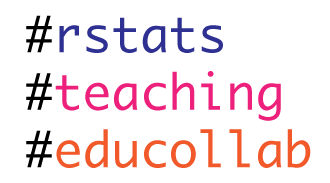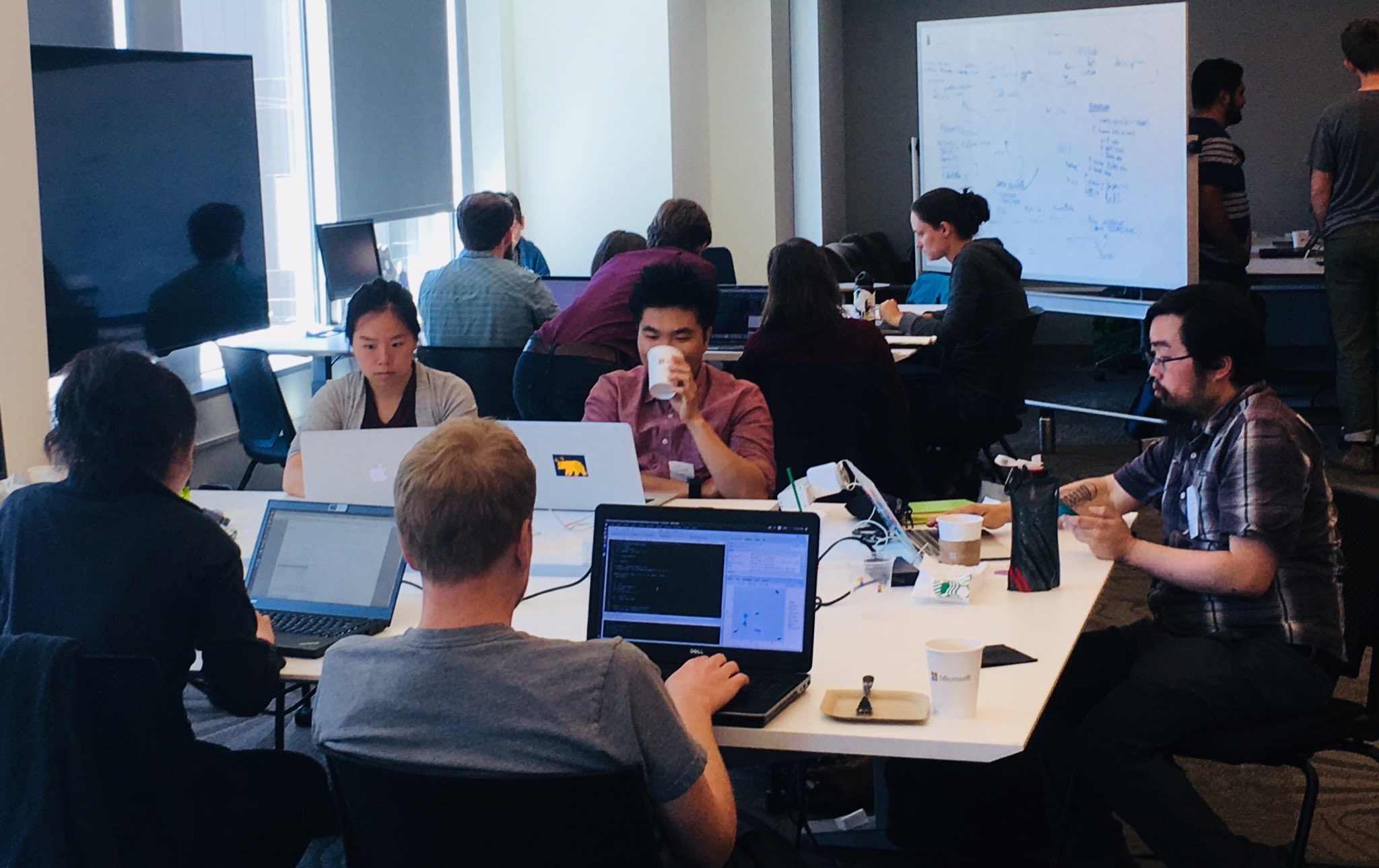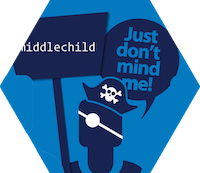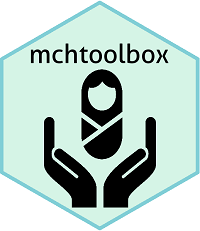
tl;dr : we propose three calls to action: Share your curricular materials in the open. Participate in the rOpenSci Education profile series. Discuss with us how you want to be involved in rOpenSci Educators’ Collaborative.

tl;dr : we propose three calls to action: Share your curricular materials in the open. Participate in the rOpenSci Education profile series. Discuss with us how you want to be involved in rOpenSci Educators’ Collaborative.

In the first post of this series, we sketched out some of the common challenges faced by educators who teach with R across scientific domains. In this post, we delve into what makes a “good” educational resource for teaching science with R. For instructors teaching sciences with R, there are a number of open educational resources that they can reuse, tailor to their own teaching style, or use to inspire them in creating their own materials.

Educators who teach science using R tend to face common pedagogical problems, regardless of their scientific domain. Yet instructors who teach with R often feel isolated at their institutions. They may be the only ones in their departments to teach using R. Even if there are others, the culture of collaboration around teaching is generally impoverished, unlike the rich culture of collaboration around research.

R packages are widely used in science, yet the code behind them often does not come under scrutiny. To address this lack, rOpenSci has been a pioneer in developing a peer review process for R packages. The goal of pkginspector is to help that process by providing a means to better understand the internal structure of R packages.
It’s easy to come to a conference and feel intimidated by the wealth of knowledge and expertise of other attendees. As Ellen Ullman, a software engineer and writer describes, One of the best ways to start feeling less intimidated is to start talking to others. Ullman continues, At rOpenSci unconf18, we learned that it’s ok to feel like you don’t know everything – indeed, that’s how just about everyone feels!

For the fourth and last day of project recaps from this year’s unconf, here is an overview of the next five projects. (Full set of project recaps: recap 1, recap 2, recap 3, recap 4.) In the spirit of exploration and experimentation at rOpenSci unconferences, these projects are not necessarily finished products or in scope for rOpenSci packages.

For day 3 of project recaps from this year’s unconf, here is an overview of the next five projects. Stay tuned for the last recap tomorrow. (Full set of project recaps: recap 1, recap 2, recap 3, recap 4.) In the spirit of exploration and experimentation at rOpenSci unconferences, these projects are not necessarily finished products or in scope for rOpenSci packages. Let’s dive into today’s 5 projects in focus!

As part of our series summarizing all projects from this year’s unconf I’m excited to dive into all the security related offerings from this year. (Full set of project recaps: recap 1, recap 2, recap 3, recap 4.) In the spirit of exploration and experimentation at rOpenSci unconferences, these projects are not necessarily finished products or in scope for rOpenSci packages.

After Stefanie’s recap of unconf18, this week the blog will feature brief summaries of projects developed at the event: each day 4 to 5 projects will be highlighted. (Full set of project recaps: recap 1, recap 2, recap 3, recap 4) In the following weeks, a handful of groups will share more thorough posts about their work.
We held our 5th annual unconference in Seattle, May 21-22, 2018 at Microsoft’s Reactor space. Researchers, students, postdocs and faculty, R software users and developers, and open data enthusiasts from academia, industry, government, and non-profits came together for two days to hack on projects they dreamed up and for an opportunity to meet and work together in person.